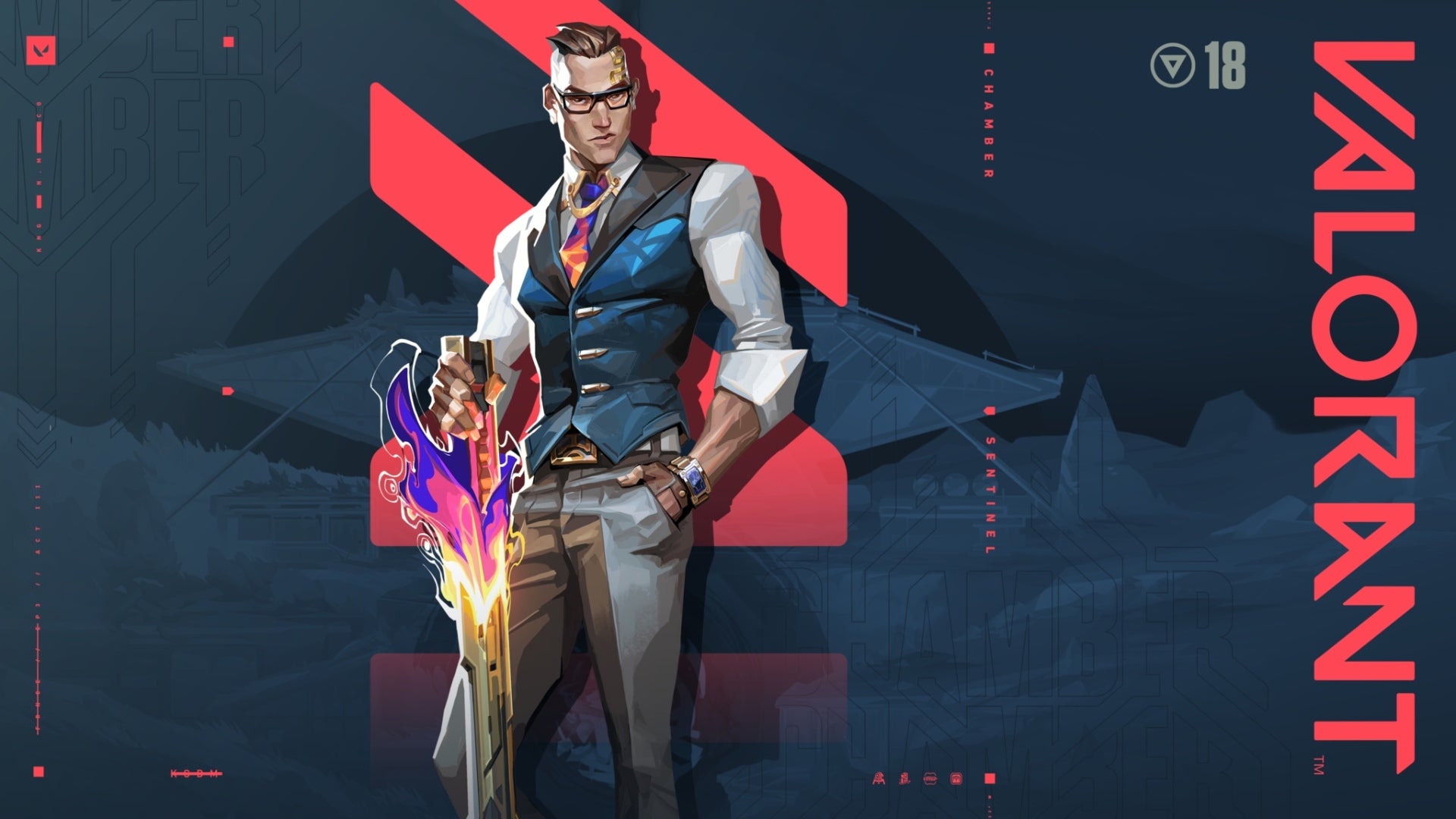History of Public Controversy Memo
Riley Landrum, Natalie Abramov, Isabel Duran
English 137H
November 18, 2021
Work Plan: History of a Public Controversy, Capital Punishment
Duties of Each member:
- Natalie Abramov: The Goalkeeper- gathering, organizing research, finding videos and images, working on video script, and helping with interview questions.
- Isabel Duran: The Park Ranger- gathering research, organizing research, Narrator, help with iMovie editing, and working on video script.
- Riley Landrum: The Scribe- gathering research, finding videos and images, iMovie editor, and working on video script
Timeline-
- During Break – Focus more on individual work, finalizing statistics and formatting what all we want to show to the group
- Nov 29- We are using this day to formulate a topic organizer and finalize specific details.
- Dec 1- Start Gathering Images and videos, also begin to formulate the script
- Dec 3- Start planning out video clips etc.
- Dec 6- Begin Video Editing, work on narration
- Dec 8- Clean up clips, add any final touches
- Dec 10- Present to the class
- Dec 13- Submit Final
DAY 1
Our group discussed topics that we may like to make the center of our project:
- Black Lives Matter
- Gun Control
- Vaccines/COVID
- Abortion
- Capital Punishment
- Climate Change
- Marriage Equality
- Student Debt Crisis
- Police Reform
- White Supremacy
- Minimum Wage
- Marijuana Legalization
- Cancel Culture
- History Repeating Itself
Then, we picked different colors and highlighted our top three choices.
Me: Capital Punishment, Police Reform, Cancel Culture
Isabel: Capital Punishment, Marriage Equality, White Supremacy
Riley: Capital Punishment, Student Debt Crisis, Cancel Culture
We all had chosen capital punishment in our top three, but two of us also chose cancel culture. We then weighed the main points about capital punishment versus cancel culture and decided which one we would be more interested in. After comparing the two, we settled on capital punishment.
DAY 2
On the second day, we discussed and expanded on the topic of capital punishment by listing points we could mention in the video.
- History of how it started
- What are the problems with it?
- What are the opposing views?
We also listed more talking points and talked about stasis theory.
- History
- Costs
- Innocence
- Race/Gender
- Mental Illness/Intellectual Capacity
- “Eye for an eye”/Ethics
- Not addressing the issue of crime
In another list, we weighed the pros and cons of the death penalty.
PROS
- Offenders never get out of prison
CONS
- Cost
- More people of color on death row than any other race (75%)
- Does not deter from more crime
- Puts innocent people at risk
- Makes one person and another person unclear if it is constitutional
Lastly, we decided our opener and assigned main points for each of us to research.
Our opener will include a popular case, which we decided would be on Rodney Reed.
DAY 3
- We each chose 2 aspects of the death penalty that we all let help support our main idea
- From those two aspects each, we collected credible sources with statistics.
- We shared Google Docs with all our information to look over.
- We will begin organizing and formatting at our next meeting
- We also found court cases to discuss to use as openers and examples of why this issue is important
The ethical issue of Capital Punishment is not only detrimental to the overall justice of the court system but causes controversy amongst the debate of whether ethics play a part in the decisions being made. To this day, innocent people are falsely accused and executed without any remorse, causing a drift in not only the community but the faith in the system.
According to an article from, The Journal of the American Academy of Psychiatry and the Law, Richard Leo states that “In recent years, the media have reported numerous high-profile cases in which individuals were convicted of and incarcerated for serious crimes they did not commit, only later to be exonerated. Many, though not most, of these exonerations occurred after post-conviction DNA evidence established the innocence of those convicted.” While capital punishment is till prevalent in modern society, the misuse of this punishment is what abuses power in some of the higher authority positions, which reveals deeper rooted issues of the morals and ethics within society. Many victims on death row plead innocent, yet social factors can prevent proper justice to be given.
Framing Questions: 2 each
- When does capital punishment cross the line from being ethical to unethical?
- Does taking a life from someone who took a life justify the act?
- What are the financial benefits from abolishing the death penalty?
- How is it ensured that the inmate on death row is certainly guilty?
- What role does capital punishment play in stopping offences and protecting the community?
- Should the public/politicians be held accountable for the death penalty as a form of punishment for offenders?
